Cannabidiol (CBD) has been making headlines in the wellness and medical communities for its potential benefits for a wide range of ailments. But what about CBDa? In this article, we’ll take a closer look at the lesser-known cannabinoid, CBDa, and uncover the benefits and potential uses of this unique cannabinoid.
What is CBDa?
CBDa, or cannabidiolic acid, is a natural cannabinoid found in the cannabis plant. It is the precursor to CBD, meaning it is the compound that is converted into CBD when exposed to heat or through a process known as decarboxylation. CBDa and CBD are both non-psychoactive, meaning they do not have any intoxicating effects and are usually cultivated from cannabis hemp. These cannabinoids along with others react with our endocannabinoid system (ECS) which is a complex system of receptors, enzymes, and neurotransmitters that utilize cannabinoids to regulate a variety of biological processes, including immunity, appetite, and metabolism. The ECS is made up of two primary receptors, CB1 and CB2, which are found throughout the body and work to regulate a variety of physiological processes.
CBD and CBDa interact with the ECS similarly and differently, and this is where the potential benefits of CBDa come into play. While both compounds interact with the receptors in the ECS, CBDa is thought to have a higher affinity for the CB2 receptor, which is associated with inflammation and pain.
CBDa vs CBD: So What’s Truly The Difference?
CBDa and CBD are both cannabinoids, but they have some key differences. While they both interact with the ECS, CBDa is the raw, uncooked version of the compound and CBD is the cooked version. Due to this difference in process and state of the compound, CBDa has been discovered to have a higher affinity for the CB2 receptor, which is why it is thought to offer some unique and improved benefits.
Due to this higher affinity for the CB2 receptor it is believed to be more effective at treating inflammation and pain, and it may be more effective at treating nausea and vomiting, as well as neurological disorders.
As more studies roll out for CBDa and its potential benefits for a variety of ailments, a new era of products and delivery methods will surely formulate. Here’s a closer look at some of the potential benefits of CBDa:
Inflamation and Pain:
CBDa may be beneficial in reducing inflammation and pain. Studies have shown that CBDa could be effective at being a potential treatment for conditions such as arthritis and chronic pain.
Nausa and Vomiting:
CBDa may be beneficial in reducing nausea and vomiting due to its ability to interact with the CB1 receptor, which is associated with nausea and vomiting. Studies have shown that CBDa could be an effective treatment for conditions such as chemotherapy-induced nausea and vomiting, and in general.
Neurological Disorders:
CBDa may be beneficial in treating neurological disorders due to its ability to interact with the CB1 receptor. Studies have shown that CBDa could be effective treating conditions such as epilepsy and multiple sclerosis.
CBDa still has many more uses than what was listed, including new studies showing its effectiveness paired with other cannabinoids to help block microbial infections. There are surely more uses to be discovered and perfected with the myriad of possible combinations of cannabinoids and other compounds, and what exact amounts are needed in order to cure or relieve various ailments. More research and studies is definitely needed.
Different Delivery Methods for CBDa
CBDa is available in a variety of forms, including oils, softgel capsules, edibles, and topicals. Oils and tinctures can be taken sublingually (under the tongue) for faster absorption. Capsules and edibles are easy to take and allow for more accurate dosing. Topicals are a great option if you’re not looking to take anything orally can be applied to the skin for localized pain relief. Vapes unfortunately are not a very viable method of taking CBDa, as the heating process of the oil will start to change the molecular structure of it into CBD.
Once you’ve decided your preferred method most applications are relatively easy to use and products should have proper daily amounts and usage information. These products can easily become a part of your daily morning routine of vitamins and other medications, and if you have a more serious condition you can try scaling frequency of use.
CBDa is generally considered safe and well-tolerated, with few side effects, but it is important to note that each person can have unique experiences. The most common side effects are drowsiness, dry mouth, and lightheadedness. It is also important to note that CBDa has not been evaluated by the FDA and is not intended to diagnose, treat, cure, or prevent any disease. You should always consult with your doctor before using any CBDa products, especially if you are on other medications or have current ailments that are being treated medically.
Where to Find CBDa
CBDa is widely available online and in stores due to it being mostly derived from hemp cannabis, which is federally legal in the United States so long as the product contains under 0.3% THC as per The Hemp Farming Act of 2018. Some States have limited products which can be sold in shops, such as gummies, so if you aren’t able to find something locally, most online shops will ship any product compliant with the Hemp Farming Act. Keep in mind when shopping online for CBDa, to find their Certificate of Analysis of their products, this will ensure they are a reputable business offering products that have been tested by third-party labs and that their products are safe.
A Quick Wrap Up
CBDa is a unique cannabinoid that is gaining more attention in the wellness and medical communities due to its potential benefits. It differs from CBD, as it is the precursor compound, and hasn’t undergone any heating process or decarboxylation. CBDa is thought to be more effective at treating inflammation and pain due to its higher affinity for the CB2 receptor. It is also thought to be effective at treating nausea and vomiting, as well as neurological disorders. CBDa is available in a variety of forms, including oils, softgel capsules, edibles, and topicals, and is generally considered safe and well-tolerated. If you are looking for CBDa, make sure to buy from a reputable source that offers third-party lab testing.
CBDa is an exciting new cannabinoid that has the potential to offer a variety of benefits. If you are looking for an alternative to CBD, CBDa may just be worth exploring!
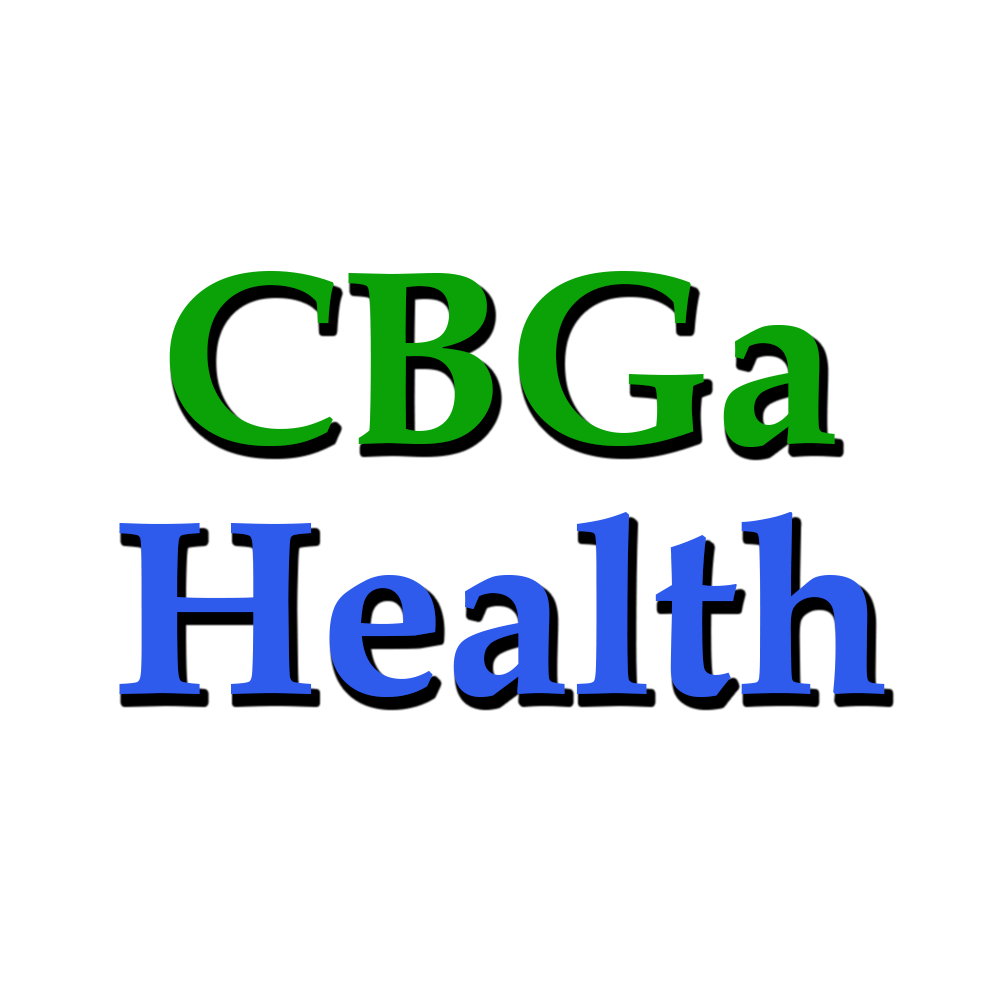

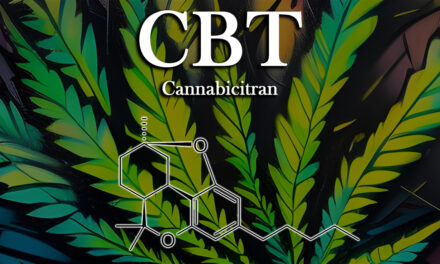
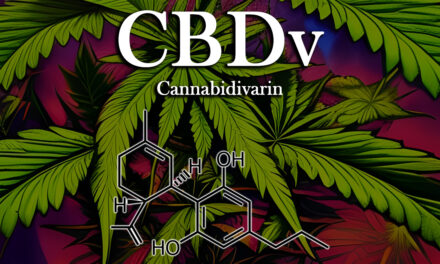



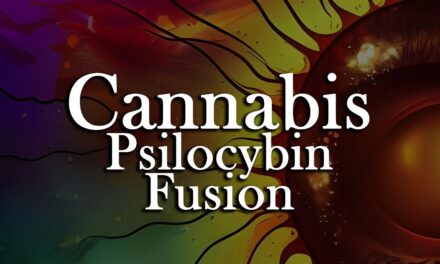


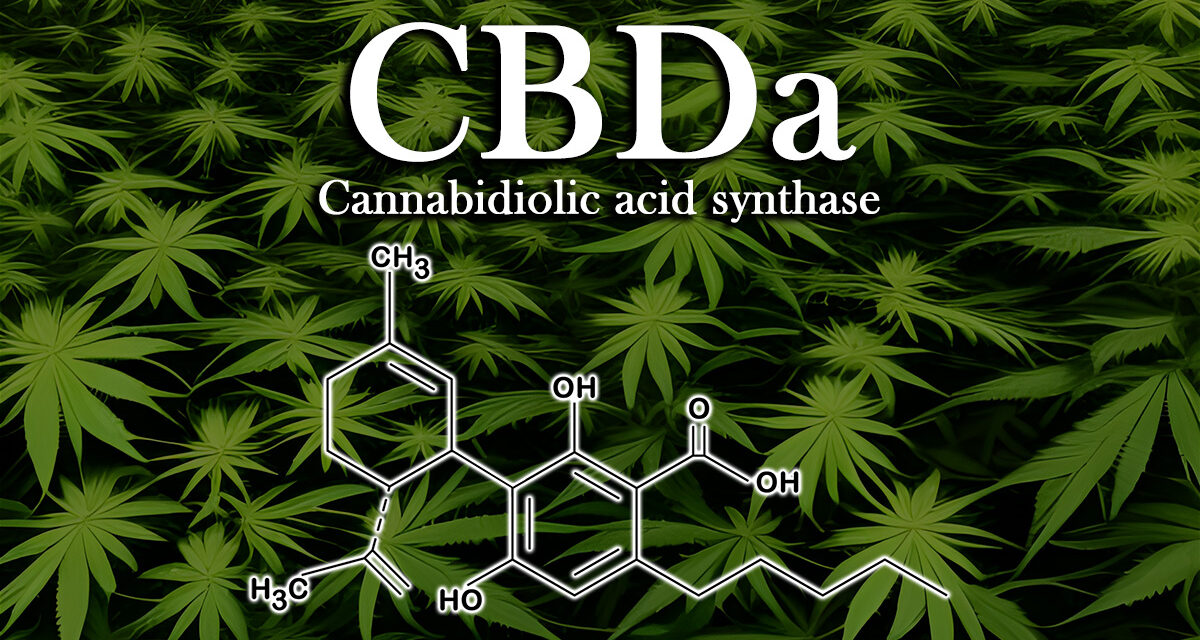
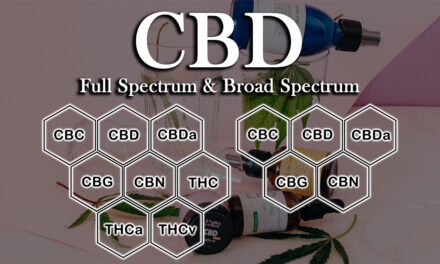
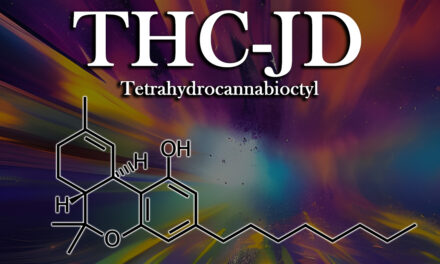

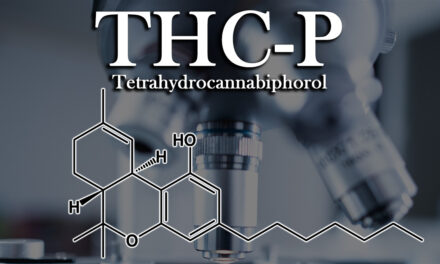
CBD changed mine and my dogs life. It’s incredible how much calmer he is after giving him cbd regularly
It’s truely a miracle worker
cool stuff hope it helps with my sports injuries
Great write up! Love the effects of cbda
I never knew there were so many forms of CBD. This was very informative!